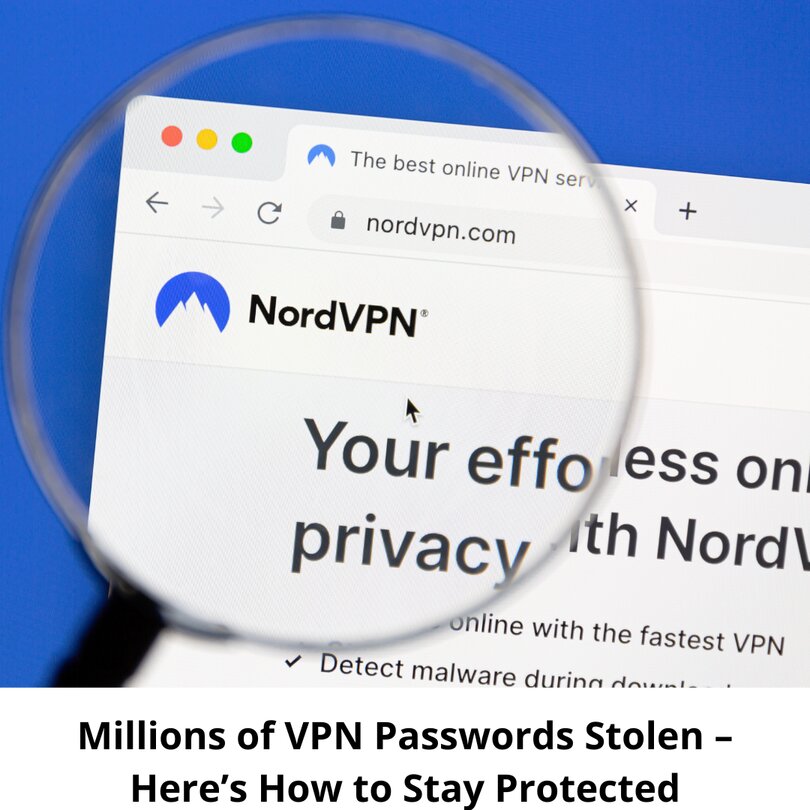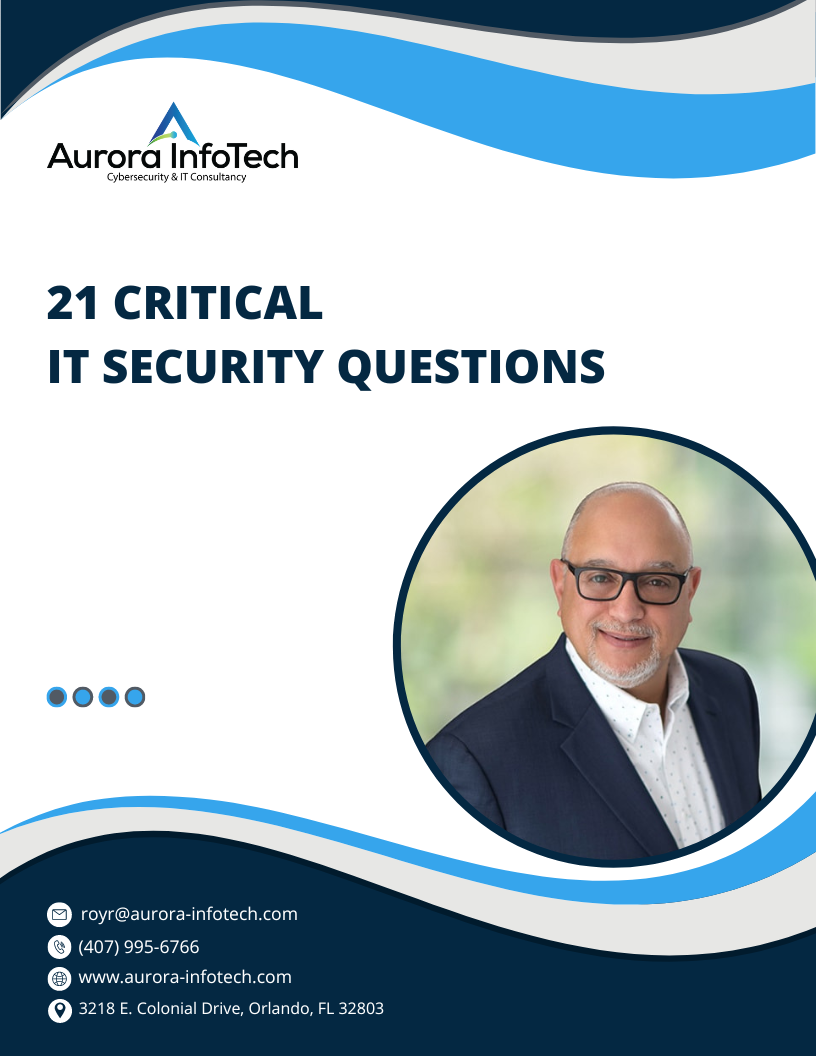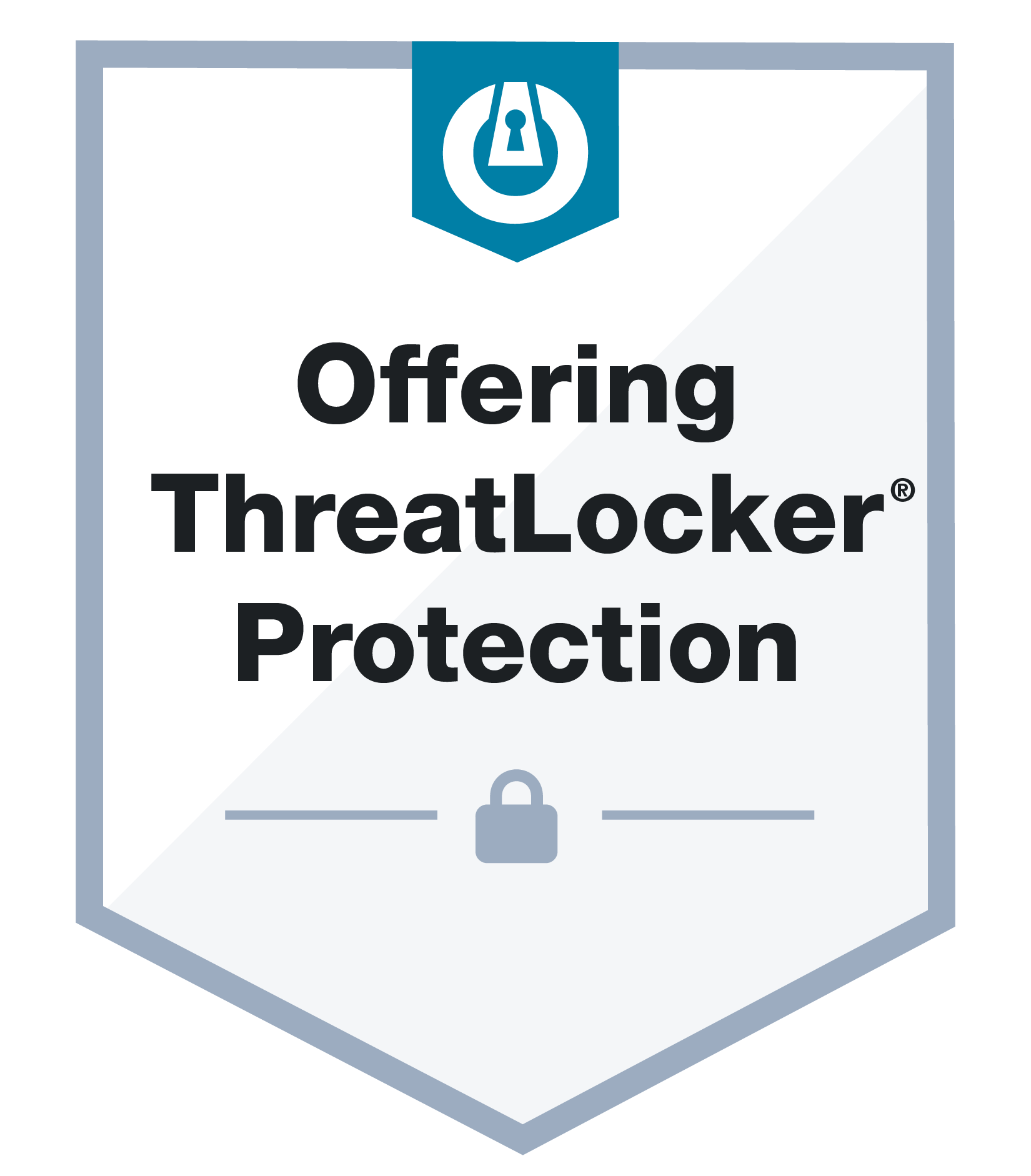 Recent findings revealed that over two million VPN passwords were stolen by malware within the past year, a concerning breach that exposes users to serious security risks. Password management firm Specops Software highlighted these discoveries, which underline the vulnerabilities that can arise when credentials are compromised, even with secure VPN services.
Recent findings revealed that over two million VPN passwords were stolen by malware within the past year, a concerning breach that exposes users to serious security risks. Password management firm Specops Software highlighted these discoveries, which underline the vulnerabilities that can arise when credentials are compromised, even with secure VPN services.
With remote work becoming increasingly common, VPNs (Virtual Private Networks) are critical for individuals and businesses. They offer protection by encrypting online activities and masking users' IP addresses. However, these protections can quickly unravel if your VPN credentials are stolen.
The Growing Threat of Compromised VPN Passwords
Between August 2023 and August 2024, Specops Software analyzed compromised VPN credentials and discovered that over two million passwords were stolen by malware. Among the most affected were users of ProtonVPN, with over 1.3 million stolen credentials, followed by ExpressVPN and NordVPN, both popular and trusted providers in the industry.
Cybercriminals use various methods to steal these credentials, including phishing attacks, keylogging malware, and credential stuffing, a technique where previously leaked passwords are tried across multiple accounts. While this issue is not caused by a direct breach of the VPN providers themselves, it still poses a significant risk to users.
How to Protect Your VPN Credentials
The biggest takeaway from this alarming trend is that using a VPN, while essential, isn't enough to protect you fully. Practicing good cyber hygiene and remaining vigilant about potential threats are equally important. Here's how you can secure your VPN credentials and stay safe online:
1. Use Strong, Unique Passwords
Creating long and complex passwords that combine letters, special characters, and numbers is crucial. Avoid reusing passwords across multiple accounts. Consider utilizing a password manager to help manage and generate unique credentials for each service.
2. Enable Two-Factor Authentication (2FA)
By enabling 2FA or multi-factor authentication (MFA), you will add an additional layer of security. Even if your password falls into the wrong hands, intruders will require an additional verification method to gain access to your account.
3. Be Aware of Phishing Attacks
Cybercriminals often impersonate trusted brands, including VPN providers, to dupe users into providing their login details. Never download attachments from unknown sources and click on suspicious links.
4. Install Reputable Antivirus Software
Using reliable antivirus software helps protect your device from malware, including keyloggers that could capture your keystrokes and passwords. Some VPN providers, like NordVPN, also offer tools such as Threat Protection to help mitigate these threats.
5. Monitor Your Accounts
Keep an eye out for unusual activity on your accounts, and consider using data breach alert services to stay informed about any security breaches involving your information.
Final Thoughts
While VPNs are valuable for enhancing online security and privacy, they could be more foolproof. The recent uptick in compromised VPN passwords underscores the importance of maintaining robust password practices, staying alert to potential risks, and actively taking steps to secure our digital presence.
At Aurora InfoTech, we encourage everyone to take Cybersecurity seriously, particularly as cyber threats evolve. By following best practices and remaining vigilant, you can protect your VPN credentials and maintain a secure online experience.









